Beth Stanworth is one of the growing cohorts of ‘sober curious’ millennials – the movement of adults who are being more mindful about their alcohol consumption.
“I’ve never really had a good relationship with alcohol,” she explains. “And then two years ago, I went on a night out, and it was just chaos – like normal.
“I ended up having a blackout and really embarrassing myself.
“And I just thought: ‘I’ve got to do something about this – I can’t carry on like this.’
“I knew that if I didn’t change my relationship with alcohol, it would negatively impact my whole life – my relationships, my mental health.”
‘Taking that step back really helped’
Overnight, the 30-year-old from Arbroath decided to cut out alcohol at social occasions such as weddings and work nights out.
“That way, the worst thing that could happen to me would be getting bored.
“But at least I could wake up fresh the next day knowing that I was in control and that I wouldn’t have the world’s worst hangover.
“Taking that step back really helped.”
This change allowed Beth, a housing support worker, to learn how to moderate her intake.
The ex-binger now enjoys a glass or two at intimate gatherings, such as dinner with her friends or partner.
Her newfound mental clarity and energy has also allowed her to focus on her health and fitness journey.
She created an Instagram account to document her “soberish” journey, where she has connected with like-minded individuals.
Between 2017 and 2022, the number of non-drinkers rose amongst 25-34 year olds from 14% to 17%, and amongst 35-44 year olds from 15% to 18%.
Beth says: “None of my friends are massive drinkers and we talk about it all the time – about how it’s just not worth it.
“A lot of them go to the gym as well, and it really impacts them in their routines, and they’ve noticed the impact it has on their mental health in a negative sense.
“All the negatives of alcohol just totally outweigh the positives.
“It’s good to see that a lot of young people are choosing to either take a step back from it or just not do it at all.”
Beth adds: “Drinking heavily was keeping chaos in my life, and this is the most content and settled I think I’ve ever been, so I wouldn’t be prepared to go back.”
Generation Zs most sober generation
Meanwhile, sober culture is also growing amongst Generation Z.
Research from Drink Aware found that those aged 18-24 across the UK have the highest rates of non-drinking, rising from 14 per cent in 2017 to 21 per cent in 2023.
Those in this age group are also the largest consumers of low and no-alcohol drinks, with 44% of 18-24-year-olds in Scotland saying they occasionally or regularly drink alcohol alternatives in 2023, up from 31% in 2022.
20-year-old Theo Allan, a business economics student at Dundee University, started drinking regularly with friends when he was 16 years old.
This was a trend that continued in his first two years of university.
But he decided to cut back when he realised it was impacting his studies.
“I drink once a week at the most now,” he says.
“I get bad hangovers so it makes me unproductive.”
Why does he think his generation drinks less than previous generations?
‘It’s expensive and bad for your health’
He says: “I think it’s due to the cost of it, it’s bad for your health, it’s frowned upon.
“There is just nothing pushing people towards drinking.
“My friends in the last two years have realised it’s a waste of time.
“By the time you get to 20, you question it.
“But – everything in moderation.
“I’ve found balance.”
‘I can have fun without it’
27-year-old Casey Rittenhouse, a forensic science student at Dundee University, also drinks in moderation.
She says: “I used to drink more often but now not so much.
“It’s very infrequent.
“I just don’t feel the need to add to a night out with alcohol.
“I can have fun without it. I just say no.”
Others have chosen to abstain from alcohol completely.
One 20-year-old woman, who did not wish to be named, said: “I gave up alcohol because I would go on nights out and then just become extremely anxious for the next week.
“I would tell myself I had no friends and even convinced myself the police were after me.
“Then I would go out the next week, and it would just keep happening over and over again.”
The philosophy student at St Andrews University gave up alcohol completely after one “particularly bad night out.”
‘It’s a lot easier to live life’
She said: It took me about 10 months after that to get to the continuous sobriety I have now.
“It’s so much easier doing uni and living life without drinking.
“I feel a lot less anxious all the time, and I’m not going and thinking when I’ve got no friends every week, or I’m going to get arrested or something like that.
“It’s a lot easier to live life.”
A growing number of students are exploring sobriety at St Andrews University, where a sober society, Aff the Drink, was launched this year.
According to Akshaya Pradha, coordinator of Got Limits – a student initiative at St Andrews University working to promote health and safety awareness around alcohol and drugs – the trend is being driven by an increased interest in health and fitness.
He says: “It seems as though recent health trends toward a more active and fitness-oriented lifestyle see alcohol as a simple thing to cut out.”
It may help that there has also been a reduction in stigma, with not drinking becoming more socially accepted.
The result is that many are turning to outdoor pursuits, with hiking groups, wild swimming societies and running clubs becoming the new way to socialise.
Are young people swapping alcohol for drugs?
However, it’s a complex picture.
Kathryn Baker, chief executive of Tayside Council on Alcohol (TCA), puts the drop in alcohol consumption down to a rise in the use of drugs.
She says: “In general we would say this generation don’t drink as much as past generations and are more inclined to use other drugs.
“We are noticing a rise in cocaine, cannabis and ketamine use.
“It seems young people are preferring this to alcohol.
“It’s a more instant hit and cheaper than alcohol.
“Of course the young people we are supporting for their alcohol use wish to cut down or stop drinking, so this might skew these findings.”
She has also noticed a discrepancy between girls and boys under the age of 16.
She explains: “The girls seem to be experimenting with alcohol and other substances more than the boys at the moment – to them it’s still very much seen as cool to be having a drink with an older crowd.
“The boys however are more interested in gaming.”
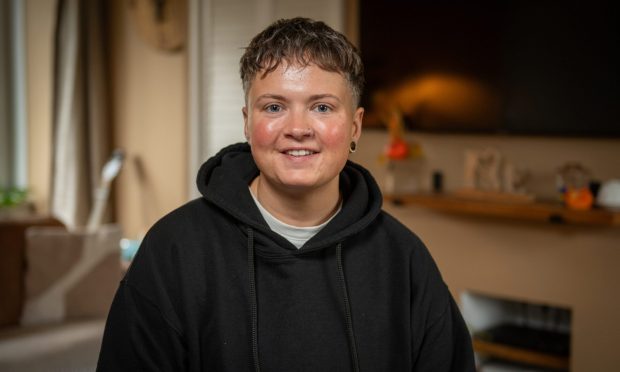
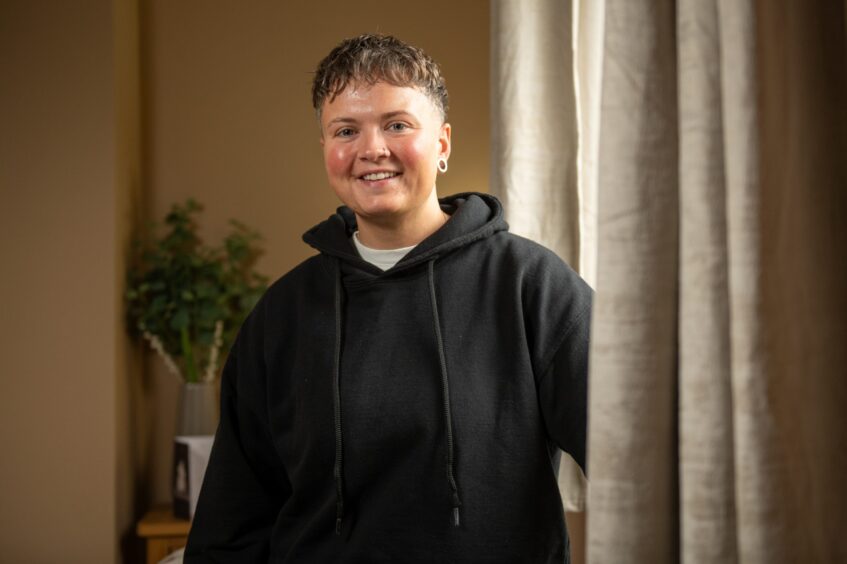
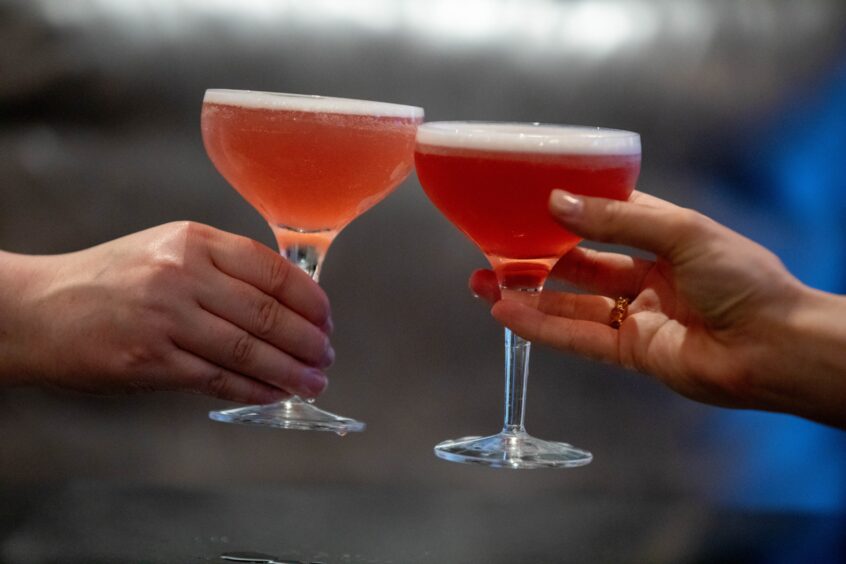
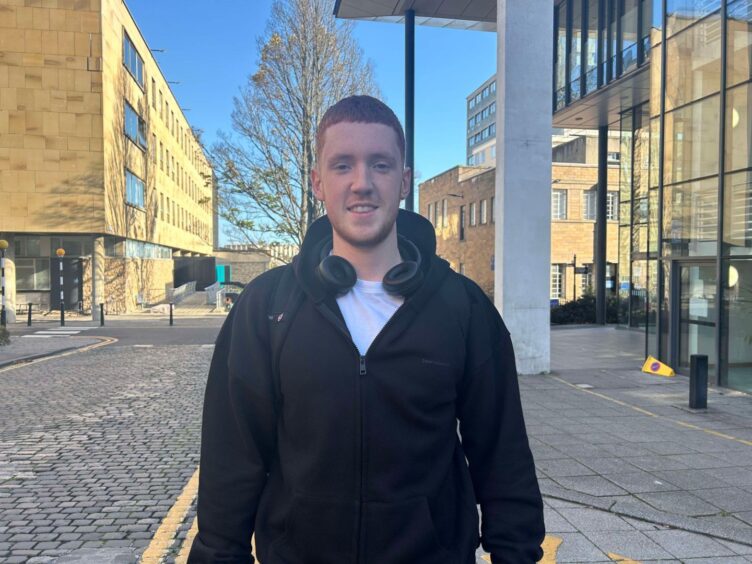
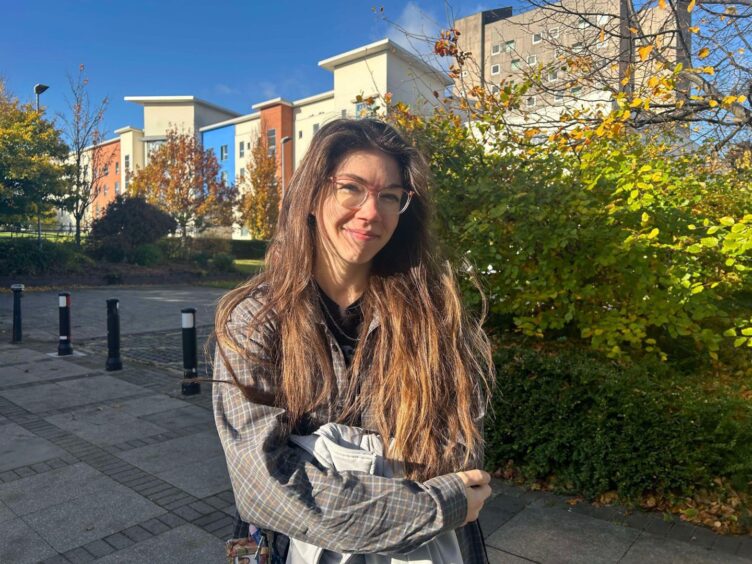

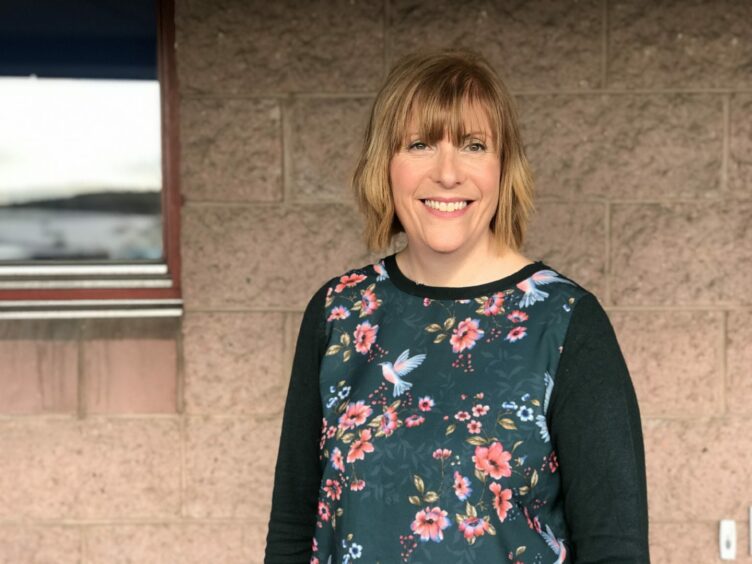

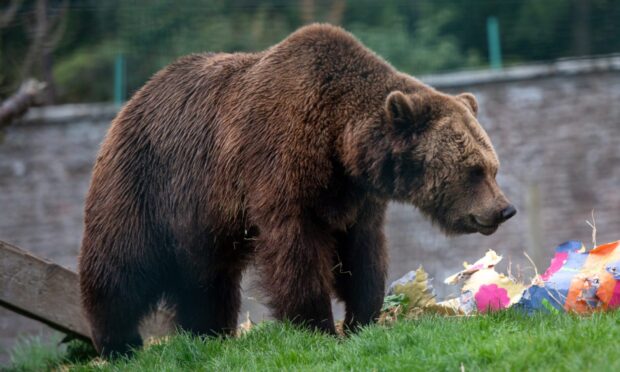
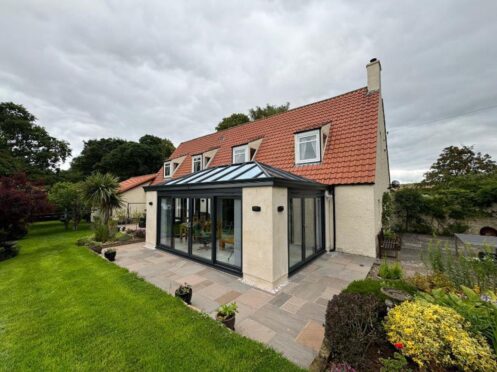
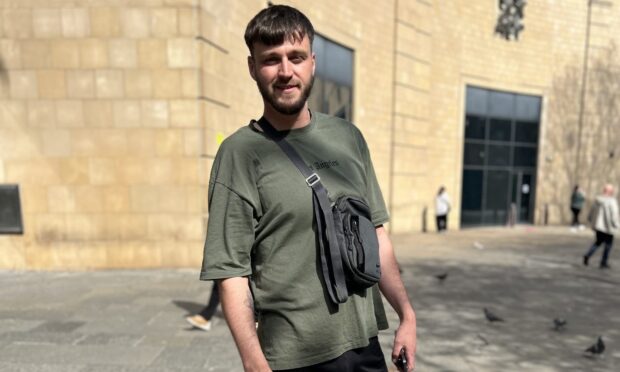

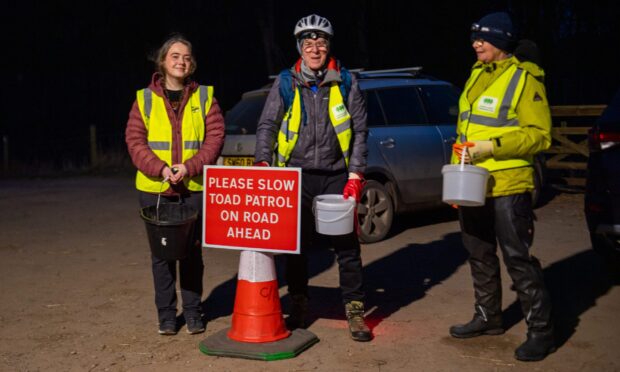


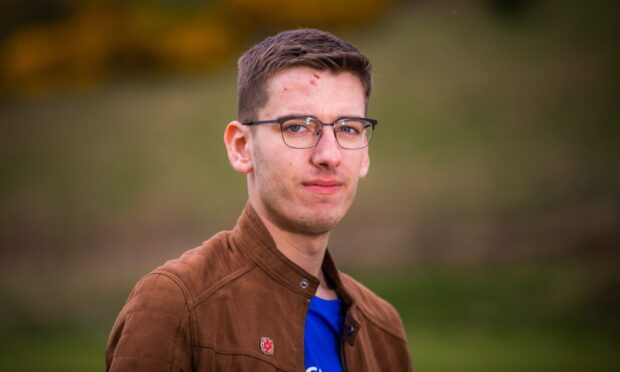

Conversation